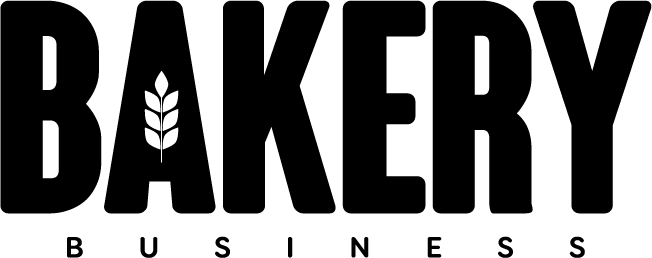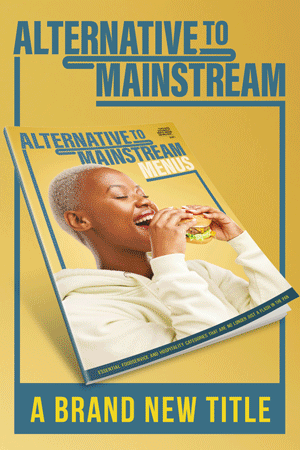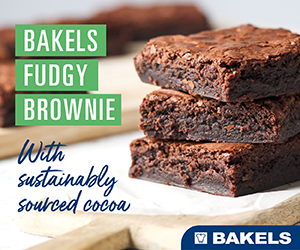STORY: How COVID-19 has brought the industry together

By Jo Greengrass, Sales Director, Puratos UK
As the lockdown restrictions are gradually easing and we enter into the ‘New Normal’, it’s the perfect time to reflect on the collaborations we’ve witnessed and the learnings we can take forward.
Collaborations have been vital to keep the country running throughout these unprecedented times, a great example being Biopharma who are critically committed to collaboration to combat Covid-19. In this sector companies are sharing tools and insights, marshalling people into SWAT teams, working with smaller companies to help them navigate the complex regulatory systems and offering their manufacturing capabilities to scale and deploy products. We’ve seen cross-industry rapid response teams form, made of scientists, clinicians and technicians, that will be able to move into action immediately if future epidemics surface.
Within the food sector the Covid-19 Supply Chain Collaboration Group was set up by SCALA in March. The aim of the group was to strengthen manufacturers’ and suppliers’ links with retailers, foodservice and logistics supply chain to keep the nation fed.
Right now, collaboration in the food industry feels right. We know it works within our organisations – helping to problem solve by learning from each other, boosting morale and leading to higher retention rates. Essentially it makes the industry more efficient. Bringing the industry together was key when the pandemic hit, and it will be interesting to see how this way of working develops now that supply and demand are mostly in alignment.
Similarly, the collaboration between foodservice suppliers was exceptional with industry competitors such as Brakes and Bidfood coming together for the greater good of the country, delivering care packages to 1.5m vulnerable people throughout the UK. The conditions were right for this to happen, both having the capability, capacity, resource and network with the help of the government and DEFRA.
Within the bakery sector across the years there has been plenty of examples of collaboration, whether driven by crisis such as fires, floods and explosions or something less dramatic like testing entry to a new market where the costs of entry are significant. With the latter typically it’s a case of big brother testing little brother’s market - joint ventures, partnerships and collaborations can be very fruitful, saving significant start-up costs and driving profitability. During the Covid- 19 pandemic there have been examples of retailers and wholesalers supporting suppliers as they seek new routes to market to mitigate the choked channels of foodservice and HORECA.
We know that in-store bakery has a new set of challenges, now and in the future as the consumer behaviour shifts and will have long term consequences. The big players have been thinking about ISB for a long time and it’s no surprise to see brands like Hovis making a break into this space. I believe that now is the right time for this kind of initiative as the consumer wrestles with the desire for artisanal ‘naked’ bakery but they’re no longer comfortable with the thought of scratch in-store baking. A brand that is recognised as a trusted, nostalgic brand with some health credentials may well benefit over product baked in store.
Across other food categories there have been some very well-orchestrated tie ups. One that stands out is a leading crisps brand that has extended a big brotherly hand of friendship to 5 restaurant chains in the UK with their “Taste Icons” range, which includes an on-pack promotion 2 for 1 voucher. We can only hope that these restaurants are ready and waiting to welcome customers again post lockdown and that we, as consumers, are willing to support them both via takeaway and by returning to dine inside.
What is Puratos doing to help the industry throughout the Covid-19 period?
Our customers regard Puratos as being their “reliable partners in innovation” and more than ever they can rely on us during this period of uncertainty. Offering unparalleled quality products, solutions, services and support to our customer in every way we can. As a global business we have feet on the ground in more than 100 countries and we’re leveraging this, it’s more critical than ever to gain timely knowledge and share learnings with others.
We have 16 multifunctional teams in place feeding into a global task force driven from our HQ in Belgium. We’ve been conducting global and local customer and consumer surveys from the get-go of this pandemic so can provide unique market insights to help our customers navigate the now and plan for the ‘new normal’. We’re learning what the consumer wants and interpreting it for our customers and their channels, bringing it to life with ideas and concepts for baked products.
Our analysis of the market led us to focus on 3 core product solutions; Cost Engineering, Health & Wellbeing and Longer Shelf life Solutions. Within each we’re offering a range of market leading solutions and technologies and sharing them with customers via webinars with our local and regional experts on a weekly basis.
We’re also prioritising those projects which will deliver value for our customers. Whether it’s offering a longer shelf-life in application, value engineering across recipes or challenging supply chain and pack formats, we’re working as cross-functional teams to ensure that we are proactively seeking the right solutions.
But it’s not all about value engineering and price, consumers want to maximise their health in order to support their immunity and reduce vulnerability to illness. There’s a link to trust and affordability with consumers adopting a back to basics approach turning to everyday food and drink products deemed to be natural and containing ingredients that offer a nutritional boost. This is an opportunity for us as an industry to respond by increasing the health credentials of our products. Now more than ever bakery has a role to play highlighting and incorporating ingredients such as fibre, seeds, grains, sprouted grains and fruits while continuing to reduce refined sugar, fats and salt.
Our commitments to sustainability also haven’t waivered. More than ever our industry needs to do the right thing for the environment, and we expect to see more collaborations, more circular initiatives and repurposing to tackle these challenges. We’re optimistic about the future, we know there will be scarring, we know it’s going to be a long journey and no one quite knows the destination but we’re here and supporting our colleagues, their families and our customers. Our commitments remain the same, there’s much to do.







